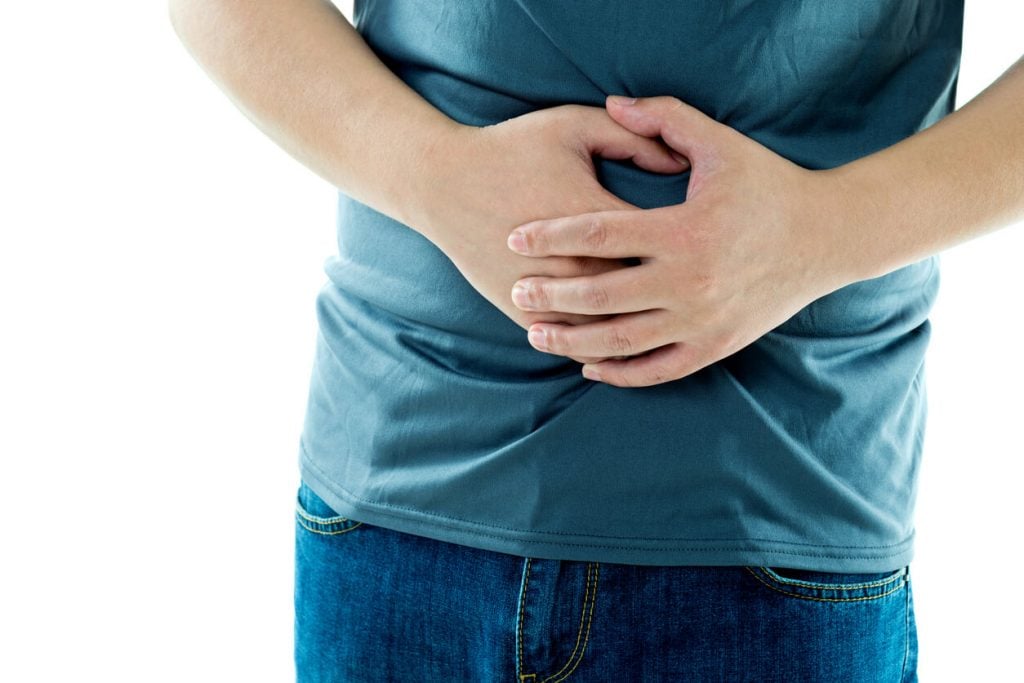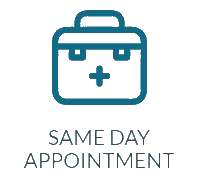What are the Symptoms of Celiac Disease?
 Celiac disease occurs when your immune system reacts to gluten in your digestive tract. When you think you might have this condition, it’s important to get a proper diagnosis and treatment to manage it. Find out more about the symptoms of celiac disease and when you should see a doctor.
Celiac disease occurs when your immune system reacts to gluten in your digestive tract. When you think you might have this condition, it’s important to get a proper diagnosis and treatment to manage it. Find out more about the symptoms of celiac disease and when you should see a doctor.
What Is Celiac Disease?
Celiac disease is a condition that can lead to intestinal damage over time without treatment. This disease has symptoms that flare up when you eat foods that contain gluten, such as wheat or rye. While this condition can’t be cured, you can manage it with proper care.
What Does Celiac Pain Feel Like?
Celiac pain can differ for each person who has this disease. You might experience abdominal pain after eating gluten, or you might have discomfort due to bloating or constipation. Celiac disease can also cause joint pain in some people, as well as headaches.
What Are the First Warning Signs of Celiac Disease?
The first warning signs of celiac disease usually affect your digestive system. You might have diarrhea or constipation, abdominal pain, nausea, bloating or gas when you eat any foods that have gluten or use products containing gluten, such as certain medications or cosmetics.
What Are the Symptoms of Celiac Disease?
Celiac disease can cause different symptoms from person to person. When you have this condition, you might have digestive problems, such as diarrhea, nausea, vomiting, constipation, bloating, abdominal discomfort or gas. However, you can also have symptoms that don’t affect your digestive system, such as an itchy rash, headaches, nervous system problems, joint pain, mouth ulcers and anemia.
Can Celiac Disease Develop Later in Life?
You can develop celiac disease later in life. Celiac disease can appear after you have gone through pregnancy and childbirth, or it can show up after you have had surgery. This condition can also occur due to emotional stress or from a viral infection.
What Foods Trigger Celiac Disease?
Foods that have gluten can trigger celiac disease symptoms. These include foods with wheat, barley, rye, graham flour, semolina, malt and other types of gluten. Keep in mind that you can also be exposed to gluten in medications, supplements, lipstick and toothpaste.
What Does a Celiac Rash Look Like?
When you have a rash from celiac disease, this is known as dermatitis herpetiformis. This rash is typically itchy and causes blisters to appear on certain areas of your body, such as on your scalp, knees, buttocks, elbows or torso.
Can Celiac Symptoms Come and Go?
Celiac symptoms occur when you are exposed to gluten through foods or other products. When you switch to a gluten-free diet and avoid products with gluten, you should not continue to experience celiac symptoms.
Can You Have Celiac and Not Know It?
You might have celiac and not know it if you have digestive problems or other symptoms and do not see a doctor for a diagnosis. You should see a doctor about your symptoms if they continue for two weeks or more.
Can You Suddenly Become Gluten Intolerant?
You can suddenly experience symptoms of gluten intolerance, even if you have never had these symptoms before. This condition can occur anytime during your life. The exact cause isn’t fully understood. However, your risk is higher if you have a family history of celiac disease or if you have an autoimmune thyroid disease, type 1 diabetes or certain other illnesses.
If you have celiac disease or if you experience many of these symptoms, please contact Park Avenue Medical Professionals to set up an appointment.



